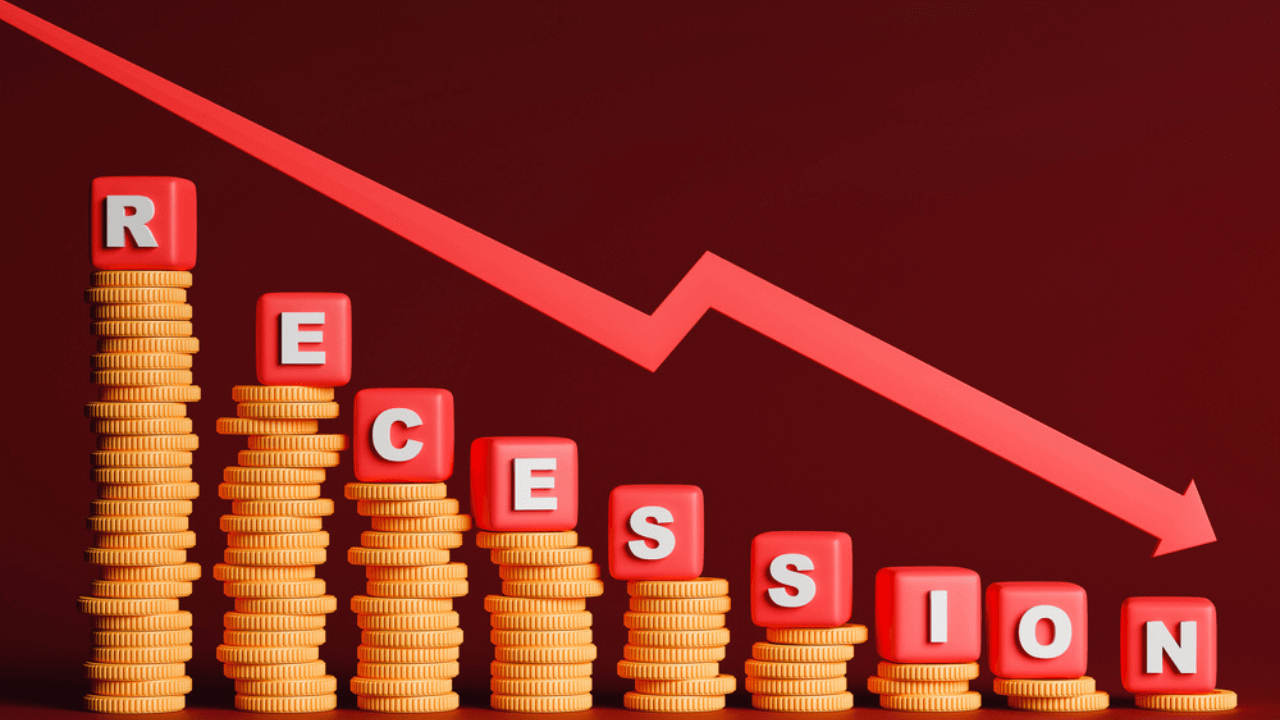On August 16th, the Netherlands found itself in a recession as its economy faced setbacks in exports and household spending. This downturn was exacerbated by the impact of increasing interest rates, which were aimed at curbing inflation.
According to data from the country’s statistics office, the Dutch economy contracted by 0.3% in the second quarter, following a previous contraction of 0.4% in the first three months of the year.
Recession in the Netherlands
Despite its historical reputation for strong global trade, the Netherlands is currently facing challenges as it navigates through the aftermath of the global COVID-19 pandemic. The nation’s robust rebound post-pandemic has now slowed down, according to Peter Hein van Mulligen, the chief economist of the country’s statistics office.
Van Mulligen noted that after initially recovering faster and more strongly than many European counterparts following the pandemic’s impact, the Dutch economy has experienced a reversal in the past year.
Interestingly, neighboring countries such as France and Belgium have seen economic growth in the last quarter, while Germany, a significant economic force in Europe, has faced stagnation.
Adding to the complexity, the news of the Netherlands entering a recession coincides with a period of political uncertainty, as the ruling coalition resigned over the summer. This confluence of economic and political challenges presents a unique set of circumstances for the nation.
Reasons behind the Recession
- The recent resignation of Prime Minister Mark Rutte has triggered not only political instability but also economic challenges in the Netherlands.
- A combination of factors, including shortages in labor, decreased demand from European trading partners, and substantial interest rate hikes by the European Central Bank in its efforts to manage inflation, have collectively contributed to the economic downturn in the first half of 2023.
- A closer examination of the data indicates that while exports experienced modest growth of 0.7% and government spending saw a similar increase, the nation’s domestic consumption took a hit, contracting by 1.6%.
This intricate interplay of factors has led to a period of economic uncertainty and a notable decline in key economic indicators.
What is the Recession?
A recession refers to a significant decline in economic activity within a country, typically characterized by a contraction in the gross domestic product (GDP) for two consecutive quarters.
- During a recession, various economic indicators such as employment, income levels, industrial production, and consumer spending tend to decline.
- It is a period of economic slowdown, often accompanied by reduced consumer spending, business investment, and overall economic output.
- Recessions are considered a normal part of the economic cycle and can have wide-ranging impacts on individuals, businesses, and governments.
Causes
Recessions can be caused by a variety of factors, including:
- Financial crises: Financial crises can lead to a decline in lending, which can lead to a decline in investment and consumer spending.
- External shocks: External shocks, such as a war or a natural disaster, can also lead to a recession.
- Policy mistakes: Policy mistakes, such as excessive government spending or high-interest rates, can also lead to a recession.
Consequences
Recessions can have a number of negative consequences, including:
- Job losses: Recessions often lead to job losses, which can lead to a decline in income and spending.
- Business failures: Recessions can also lead to business failures, which can lead to a decline in investment and economic activity.
- Increased poverty: Recessions can lead to an increase in poverty, as people lose their jobs and their incomes decline.
- Social unrest: Recessions can also lead to social unrest, as people become frustrated with the economic situation.
How to recover from a recession?
Recessions can be a difficult time for individuals and businesses. However, there are a number of things that can be done to help the economy recover from a recession, including:
- Fiscal stimulus: Fiscal stimulus is government spending that is designed to boost the economy. This can include tax cuts or increased spending on infrastructure.
- Monetary policy: Monetary policy is the use of interest rates to control the amount of money in the economy. The central bank can lower interest rates to make it easier for businesses to borrow money and invest.
- International cooperation: International cooperation can help to reduce the severity of a recession. This can include coordination of fiscal and monetary policy, as well as trade agreements.
Recessions are a natural part of the economic cycle. However, there are a number of things that can be done to help the economy recover from a recession and prevent future recessions.
- Weekly Current Affairs 2025 PDF For Bank, SSC, UPSC Exams
- Unsung Heroes of India: 10 Unknown Freedom Fighters You Should Know
- 26 December Current Affairs 2023 in English
- Daily Current Affairs 2025, Check Today’s Current Affairs
- April Month Current Affairs 2024, Download PDF
- June Month Current Affairs 2024, Download PDF

Hello, I’m Aditi, the creative mind behind the words at Oliveboard. As a content writer specializing in state-level exams, my mission is to unravel the complexities of exam information, ensuring aspiring candidates find clarity and confidence. Having walked the path of an aspirant myself, I bring a unique perspective to my work, crafting accessible content on Exam Notifications, Admit Cards, and Results.
At Oliveboard, I play a crucial role in empowering candidates throughout their exam journey. My dedication lies in making the seemingly daunting process not only understandable but also rewarding. Join me as I break down barriers in exam preparation, providing timely insights and valuable resources. Let’s navigate the path to success together, one well-informed step at a time.






